Living and learning – democracy
Last week, Y6 took part in a democratic vote in order to decide who was our Reading Champion.
First, we learnt about what democracy means, how our government is arranged and what they’re responsible for.


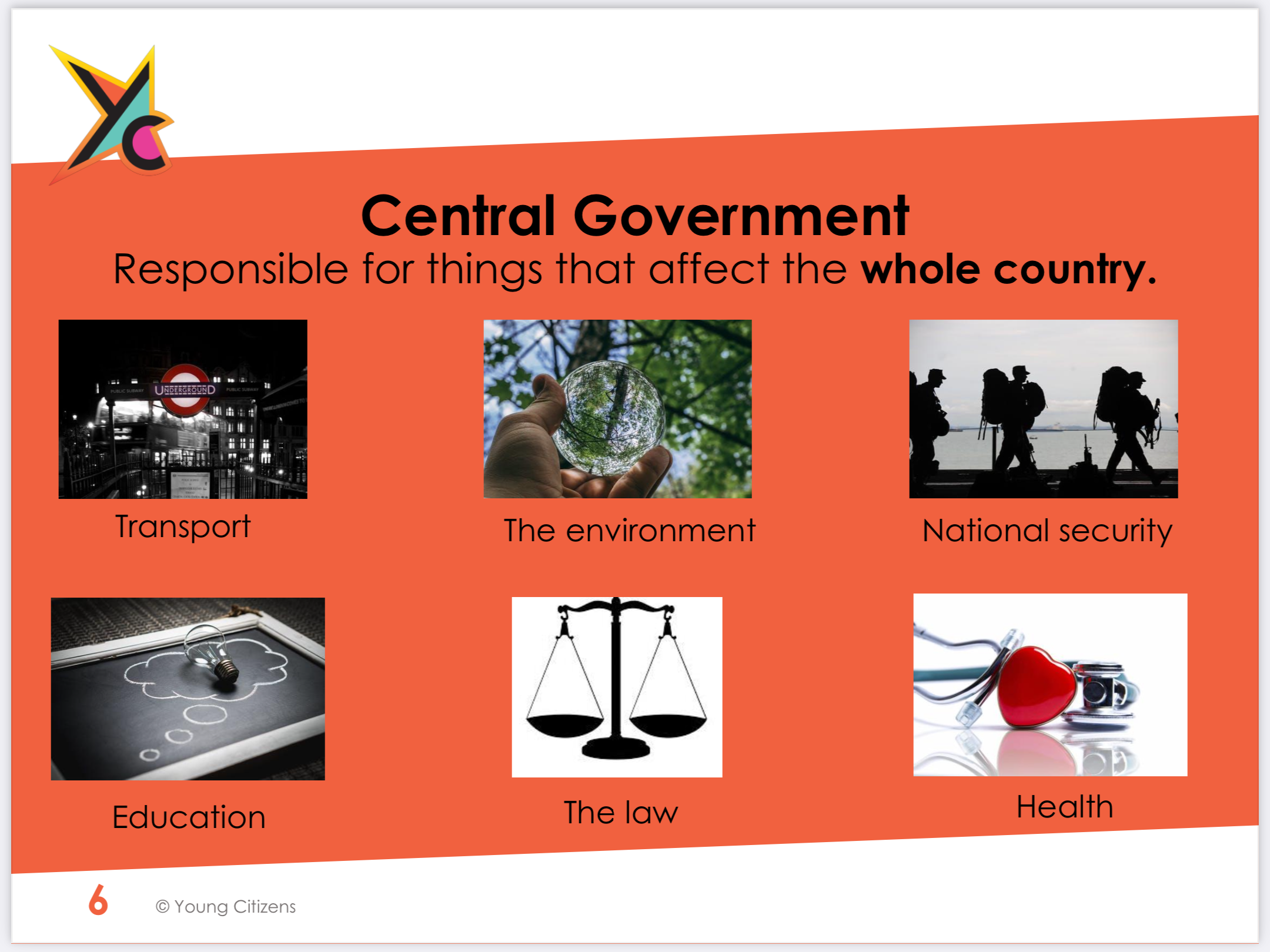
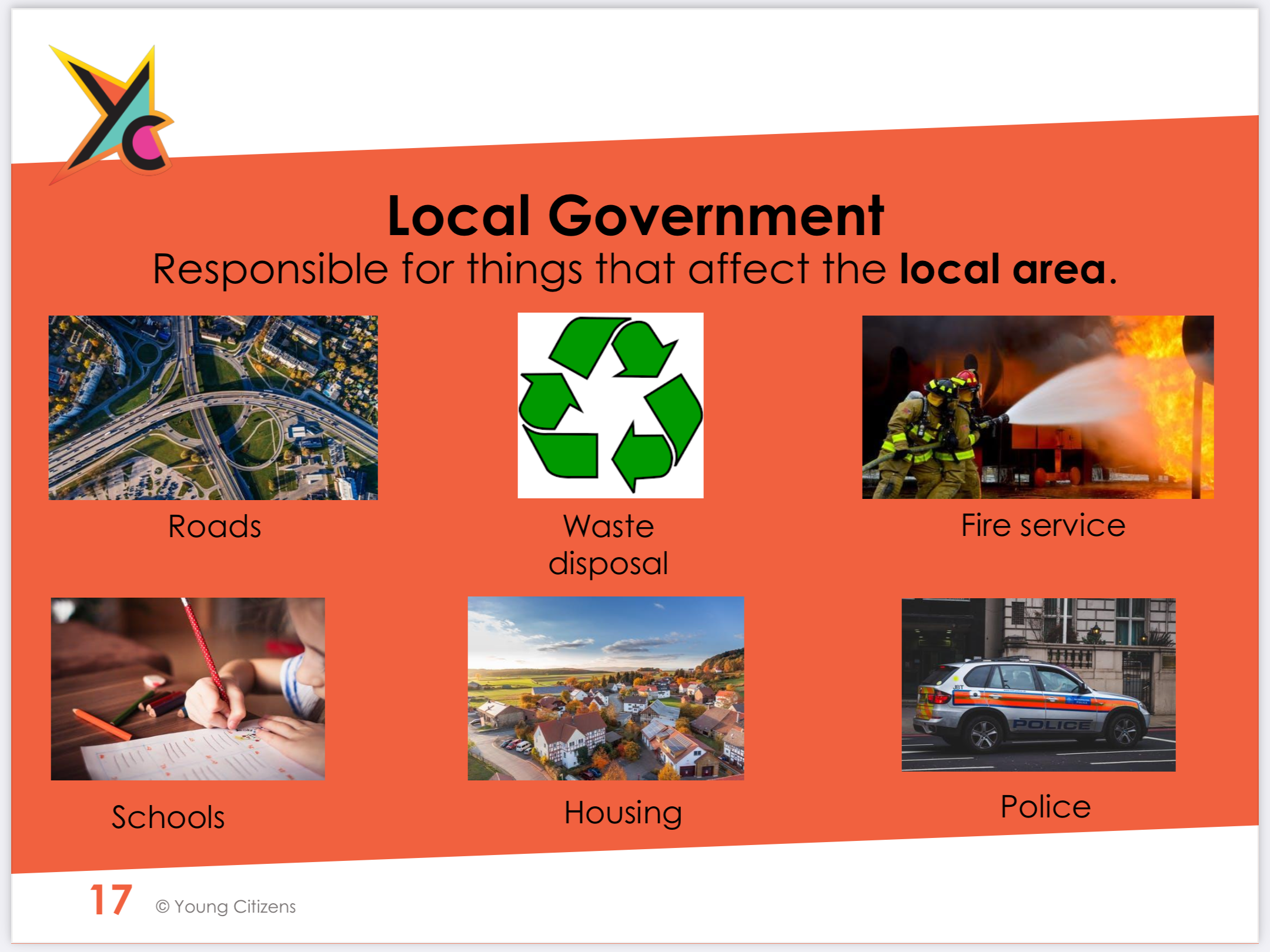
We also learnt about some of the political parties in the UK.
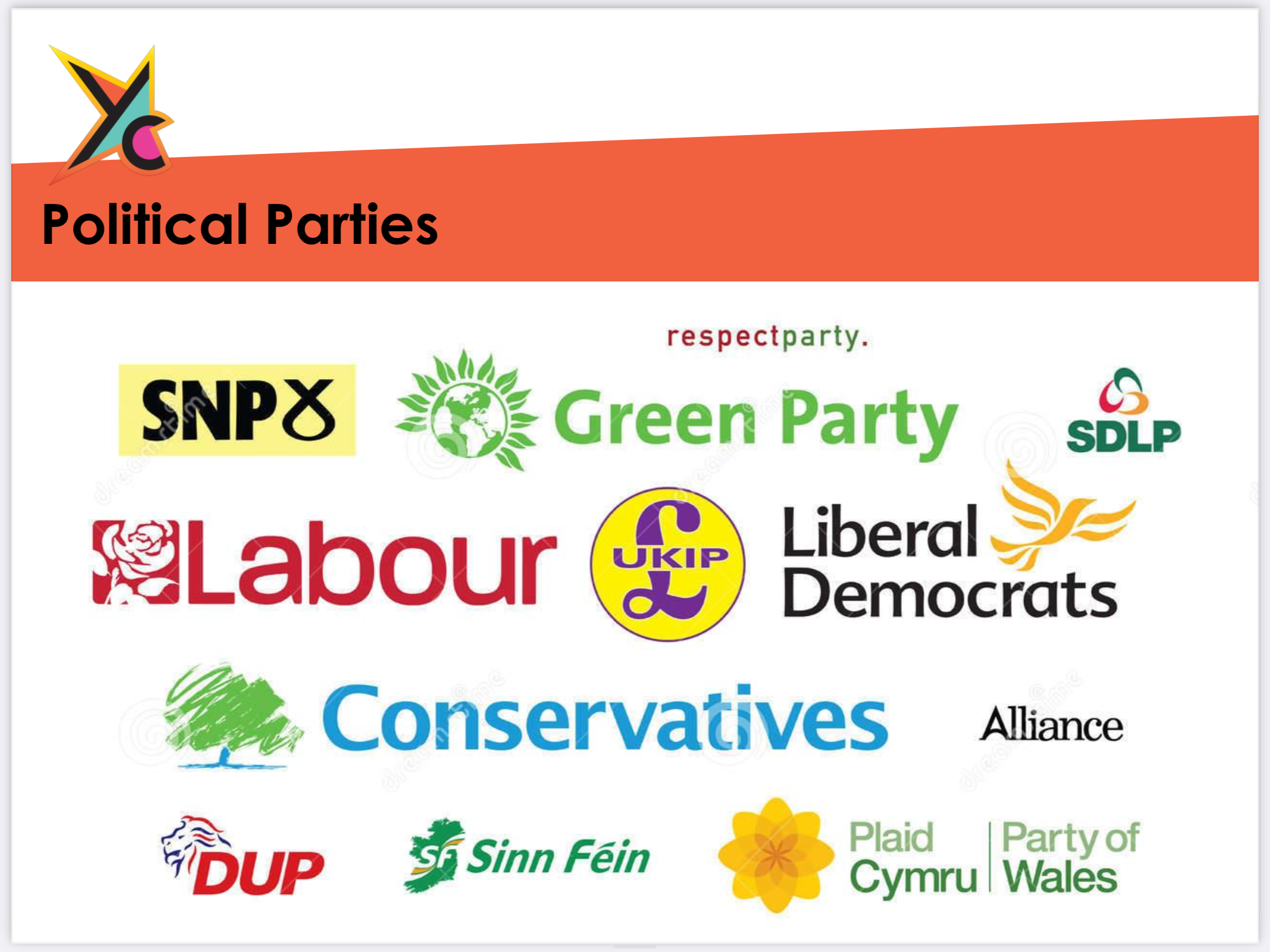
Next, we learnt about how laws are made.
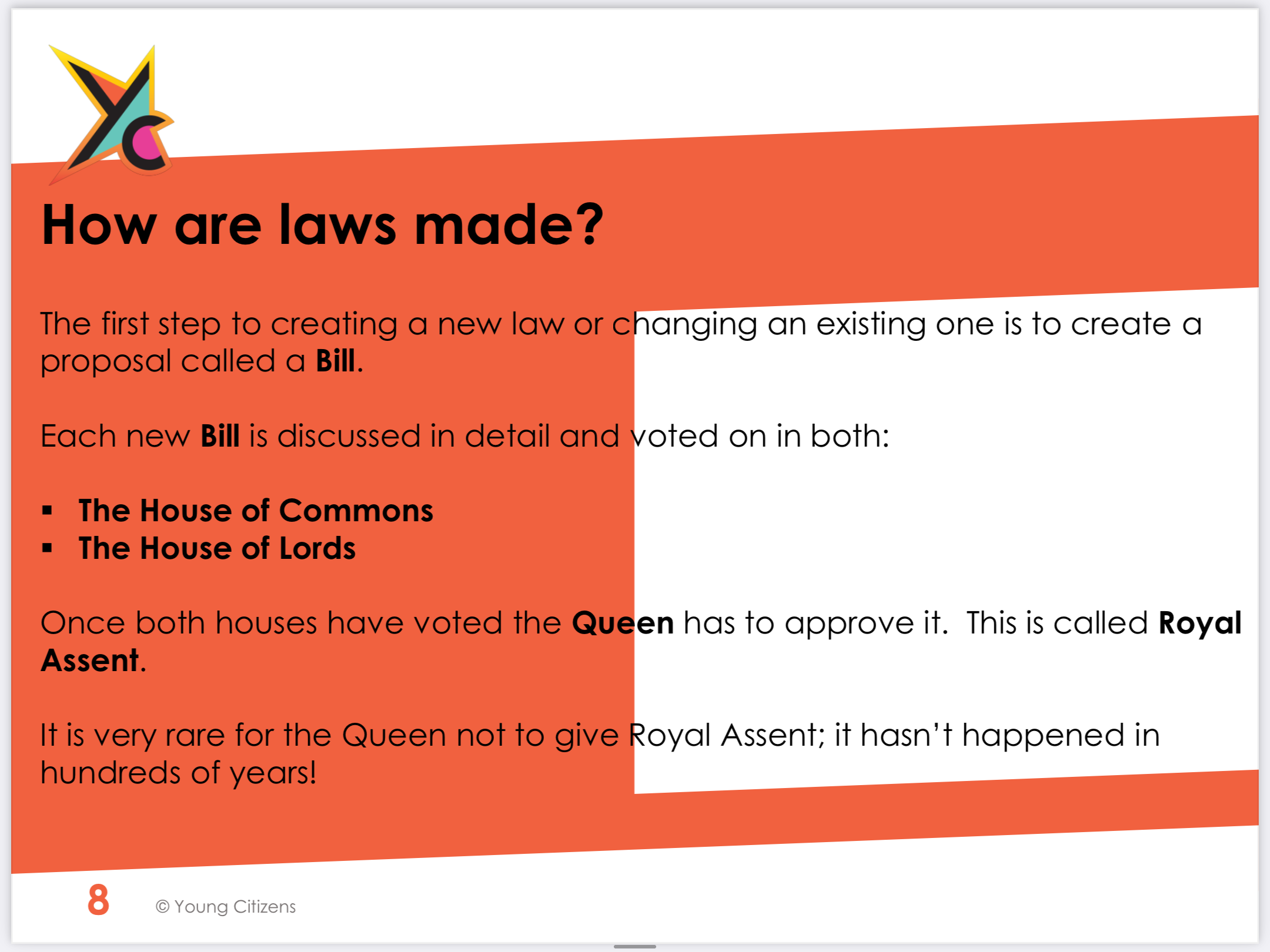
We need laws for lots of different reasons: to keep us safe, make sure things are fair and to ensure those in power are regulated.
Finally, our Reading Champion was voted on! Congratulations, Harman!
Living and Learning – Democracy
Last week, Year 4 delved deeper into the topic of ‘democracy’.
Democracy comes from two Greek words:
Dêmos means people and Krátos means rule or strength.
So, democracy means ‘rule by the people’.
We learned:
- How a general election works.
- The role of an MP, and the Prime Minister.
- What political parties are.
- How I can find out about the views of politicians, and why this is important.
The important part of this learning is that democracy is about more than just voting. There are lots of ways that people can participate and make their voice heard! You can email your MP, campaign for what you believe is right and petition your government.
In Year 4, we participate in voting for our rewards, what books we read and who we believe has been most successful.
Mini-beasts!
We hope you all enjoyed the long weekend.
This week we will be continuing our mini-topic on minibeasts and the children will be going on a bug-hunt outside.


Phonics
The children will be learning to read longer words including compound words such as; laptop, marching, popcorn.
We are really noticing a difference in the children’s reading and there is a great deal of enthusiasm for our reading practise sessions.
Please continue to read the ebooks your child has been assigned.
Maths
This week, the children will continue to develop their subitising skills (seeing the quantity without counting) in increasingly complex arrangements. Subitising is an essential feature when developing number sense. It can support the children’s understanding of cardinality (the idea that the last number in the count tells us how many things there are altogether), and it will also help them to identify groups and units in a repeating pattern.
Don’t forget to use Numbots at home!


Junior Leadership Team
This week we are holding elections for the Junior Leadership Team. Two representatives from each class are chosen democratically by their peers, but Reception are not yet represented this year.
It’s time for children to consider if they would like to stand for election for the Junior Leadership Team(JLT)
Elections will take place on Thursday 5 May. Candidates will have the opportunity to give their election speech to their class on Tuesday 3 May and Wednesday 4 May.
If your child would like to be a junior leader, please help them to prepare a short speech.
What makes a good junior leader has been considered by our current Junior Leadership Team.
‘use all the 8 Rs for learning’
‘be respectful’
‘help others’
‘be a good speaker and listener (to members of your class and in the meetings)’
‘tell the truth’
‘be confident with your ideas’
‘accept the views of others even if you don’t agree’
‘be friendly and approachable’
‘make good choices in class and around school’
Hints for your speech include:
What skills and abilities would a good school councillor have?
What are you particularly good at that would help you to be a great school councillor?
What do you think would make the school better?
What could you do that people would really like?
Think of things that are realistic, maybe that you could do yourself, rather than having to ask other people to do
Good luck to all children who decide to stand in the elections.



Living and Learning: democracy
This week we are looking at democracy and making democratic decisions. We discussed the importance of democratic decisions and everybody having a say. We understood that some people might be disappointed in the result of the vote but it is the fairest way to decide. We talked about how important a secret ballot is so that everyone has the freedom to decide themselves.
We learnt a little about how adults use their vote to decide who runs the country. Our JLT in school is also decided by a vote and we discussed why this was fair system for everyone.
Finally, we held our own secret vote to decide which book we should read at home time. The three choices are below and the result was:
Specs for Rex – 6 votes
Are you the Pirate Captain? – 13 votes
Rosie is my best friend – 9 votes
A clear winner! We all enjoyed the story no matter how we voted!
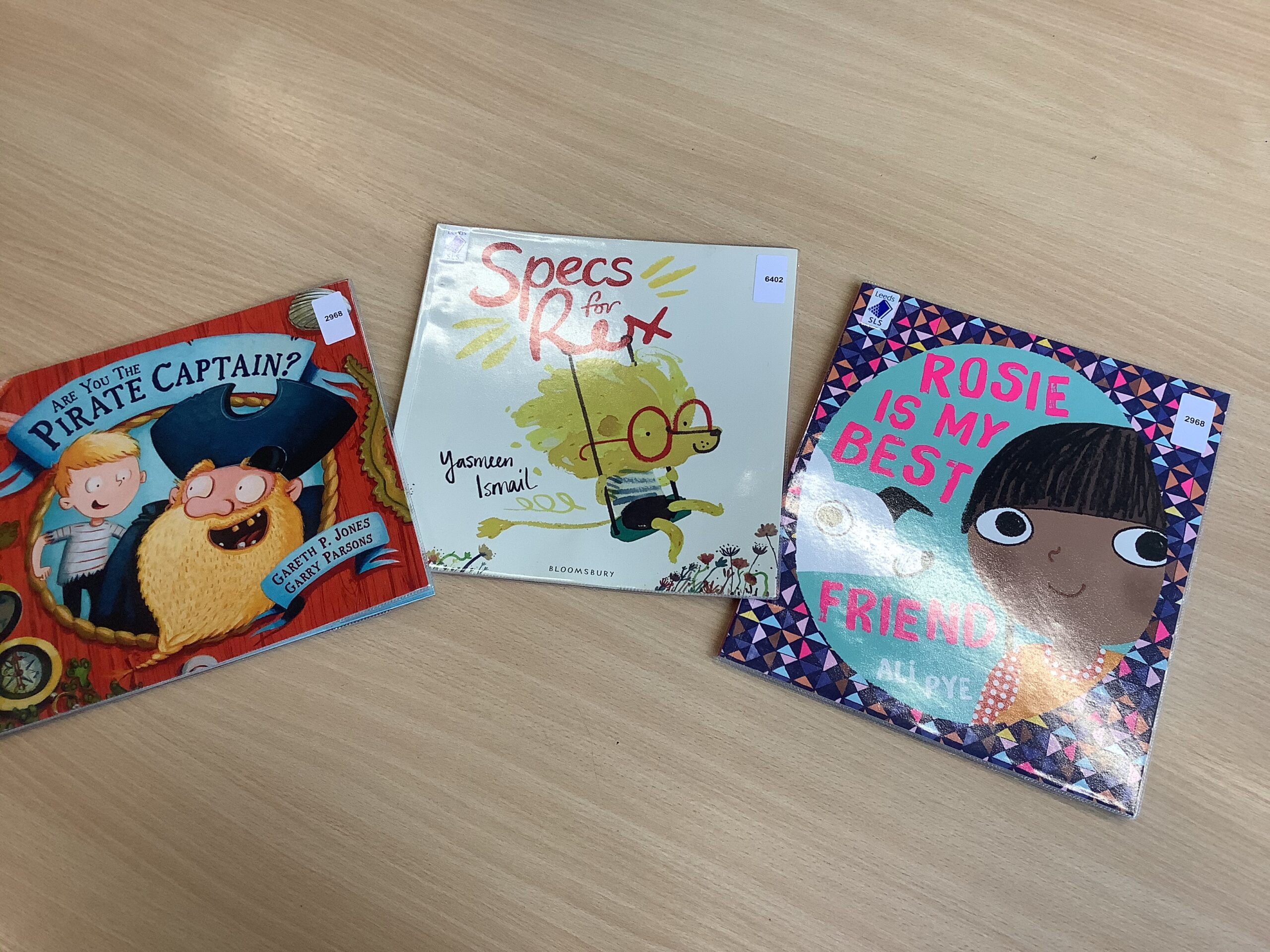
Leeds Fun Run 8th May
The Arena Group Leeds Fun Run is back for 2022, taking place on Sunday 8th May.

It offers a great opportunity to get families together, while staying and active and healthy at the same time.
Children of all abilities are encouraged to take part as they wheel, walk, jog or run the 1.3 km route around the city centre.
Living and Learning: democracy
This week, Year 5 spent our Living and Learning session considering what is democracy and how we can become involved in democratic decisions.
Democracy, one of the British Values, means ‘rule by the people‘. It comes from the Greek words dêmos (people) and krátos (rule or strength).
Democratic means people having a chance to say what they think should happen.
We learnt about how democracy works in this country. This included learning about central and local government, what services government provide for the people and the role of political parties.
After that, we held our own democratic vote to decide who was the ‘reading champion’ for our class!



Reading with Reception
Last Friday, Year 5 spent some time reading with the Reception Class.
Each child in our class was paired with a child in Reception to read a book that they had chosen. Year 5 loved the opportunity to share their love of reading with the Reception class.
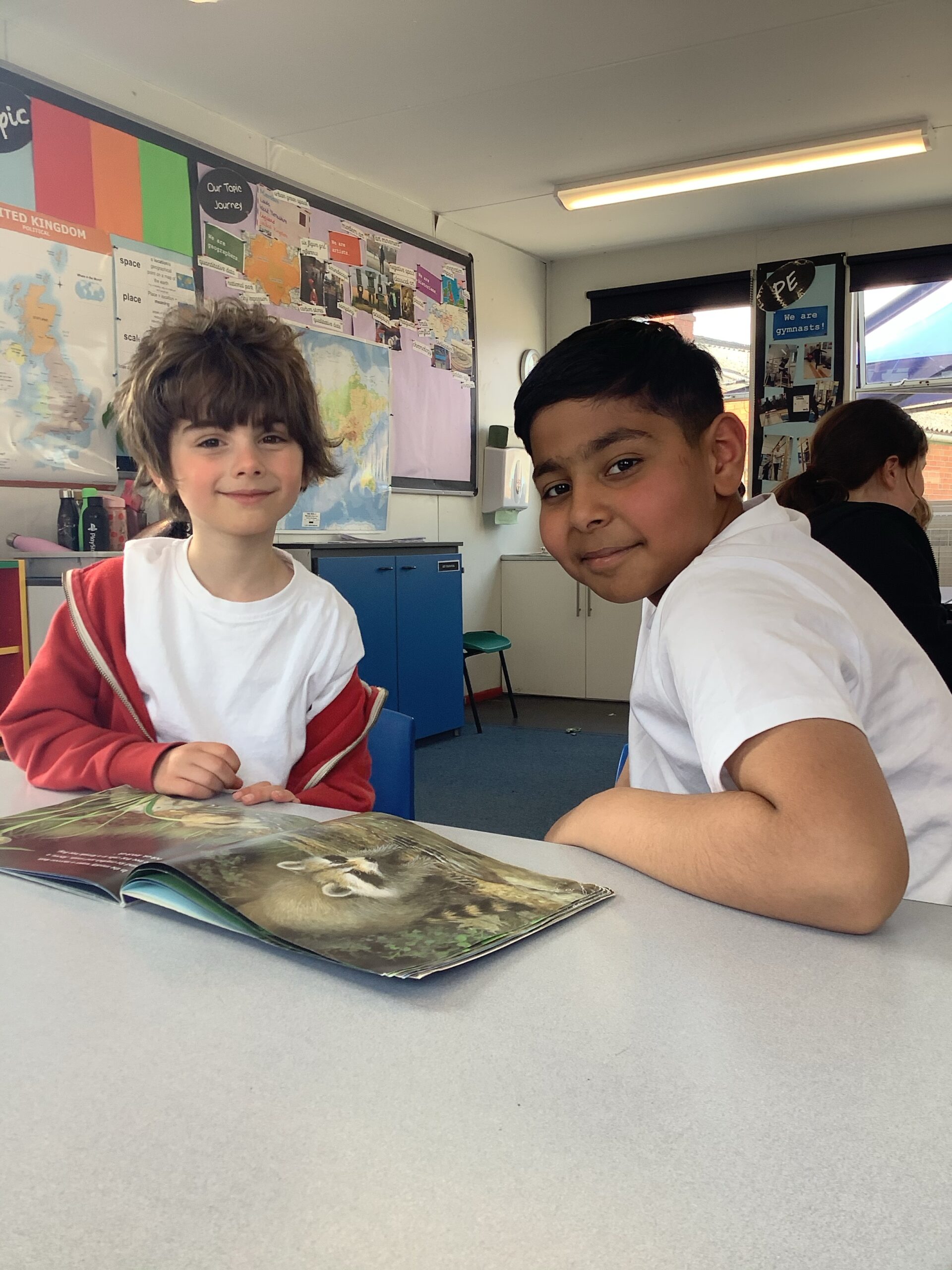

Hopefully, this is something that will be happening more frequently now that we are out of COVID chaos. Hurrah!
Living and Learning: democracy
This week, Year 2 spent our Living and Learning session considering what is democracy and how we can become involved in democratic decisions.
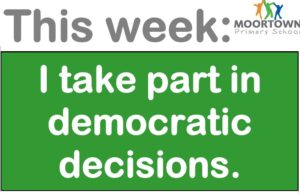
Democracy, one of the British Values, means ‘rule by the people‘. It comes from the Greek words dêmos (people) and krátos (rule or strength).
Democratic means people having a chance to say what they think should happen.
Our Junior Leadership Team elections and voting for our new school charity are ways the children can take part in democratic decisions at school. These events will take place in the autumn term.
All children can still use their pupil voice to make suggestions for the JLT meetings by telling their junior leaders or putting a suggestion in the Living and Learning box.
This week, we took part in a democratic decision by voting for the Wake up Shake up song. We also discussed a future class vote to decide our next whole class reward when we complete our class ladybird spots.
Before learning about voting in real life, we heard about a Go Givers story about voting.
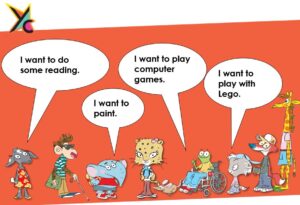
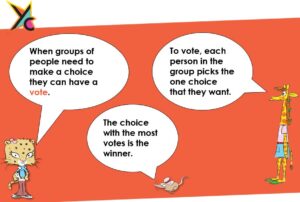 How did Anna feel when her choice didn’t win the vote?
How did Anna feel when her choice didn’t win the vote?- What is the best way to behave if you lose a vote?
- Ahmeti didn’t want others to know what she had voted for. How did the Go Givers solve that problem?
Catalan Soccer
This week, all classes are taking part in sessions led by Catalan Soccer.
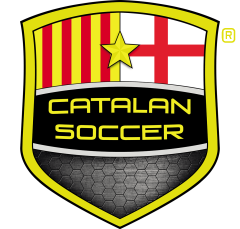
Thank you to the Year 5 pupil, who currently attends Catalan Soccer sessions outside of school, who requested they came into school.
The classes have been brilliant and the coaches have fed back what a delight the kids have been to coach!
The coaches also commented how welcome they have been made to feel by your staff and teachers, so a huge thanks for that!
If your child enjoyed their session, please contact Catalan Soccer to find out more about the classes and holiday camps they run in Leeds.
Living and Learning: democracy
This week we are looking at democracy and making democratic decisions. We discussed the importance of democratic decisions and everybody having a say. We understood that some people might be disappointed in the result of the vote but it is the fairest way to decide. We talked about how important a secret ballot is so that everyone has the freedom to decide themselves.
We learnt a little about how adults use their vote to decide who runs the country. Our JLT in school is also decided by a vote and we discussed why this was fair system for everyone.
Finally, we held our own secret vote to decide which book we should read at home time. The three choices are below and the result was:
Specs for Rex – 6 votes
Are you the Pirate Captain? – 13 votes
Rosie is my best friend – 9 votes
A clear winner! We all enjoyed the story no matter how we voted!